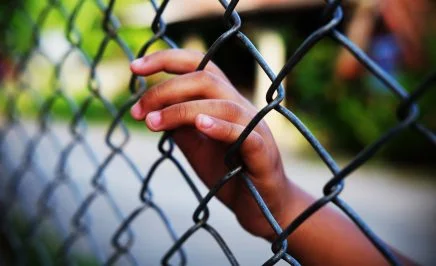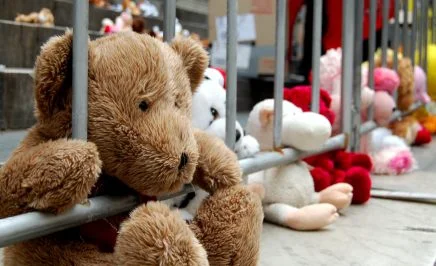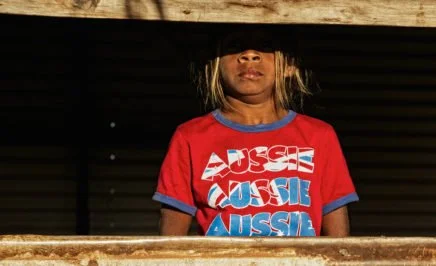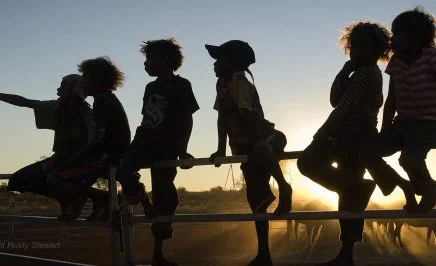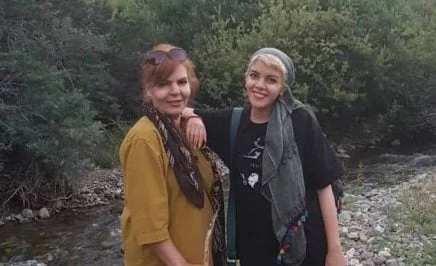The ACT is raising the age to 14, but not until 2025.
What happened?
Following a long campaign by activists and organisations including Amnesty, the ACT has tabled legislation to raise the age from 10 to 12 years old, and eventually raise the age to 14 in July 2025.
However, children accused of ‘series offences’ will continue to be subject to police investigation including strip-searches, being dragged through courts, and locked in prisons.
A step in the right direction but still not enough
By keeping the age of criminal responsibility as low as 12 until July 2025, Chief Minister Andrew Barr and Attorney General Shane Rattenbury have failed some of the ACT’s most marginalised children.
When a child exhibits problematic and harmful behaviour, it’s because they’ve been let down and need our help.
There is abundant evidence that locking up children causes ongoing harm for them and their families, and the whole community. The ACT Government is well aware of this evidence.
We know, as do the health, legal, advocacy, and community experts that exposing a child to police, prisons and the criminal system leaves them with irreparable trauma. Governments should be investing the millions they spend on locking kids up into community-driven programs that actually work.
Kacey Teerman, Amneesty Indigenous Rights Campaigner
Amnesty’s work to raise the age
Since 2018, Amnesty has campaigned to raise the age of criminal responsibility in Australia to at least 14 years old.
In August 2022, alongside our coalition partners in Change the Record, Amnesty handed over close to 210,000 signatures from everyday Australians to Attorney General Mark Dreyfus and Minister for Indigenous Australians Linda Burney, calling on the Federal Government to line up with the rest of the human rights-respecting world – as mandated under the Children’s Convention – and raise the age to 14 now.
What’s next?
Raising the age of criminal responsibility is just one part of a much bigger solution – justice reinvestment is another.
Now that we have a new federal government, there is a strong role for them to play in this by properly funding diversion programs and showing leadership for the states and territories.
Politicians have the power to change the laws to keep children safe from prison and instead invest in solutions that work. Together, we can apply pressure on those who have the power to make change. We can challenge racism within the justice system so that our youth can have a brighter future.
As part of Amnesty’s 2025 Vision, we are committed to working with First Nations communities, partners and allies to secure justice and end the overrepresentation of young people in prisons within a generation. Learn more about our Indigenous Rights work.

